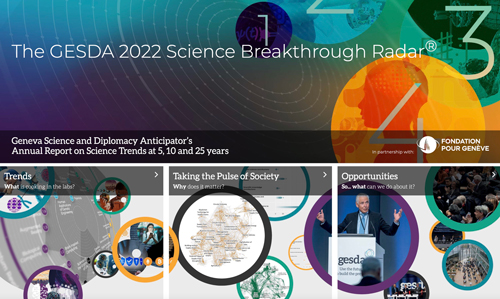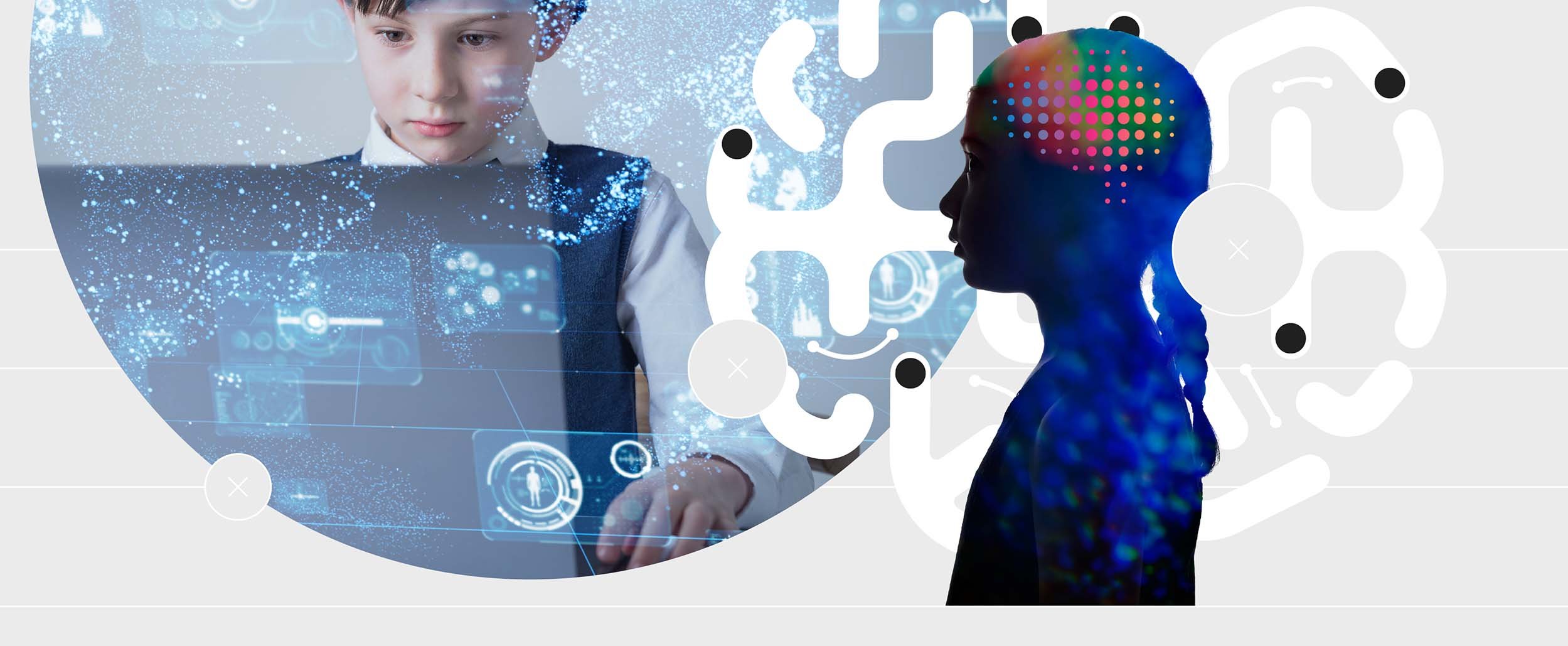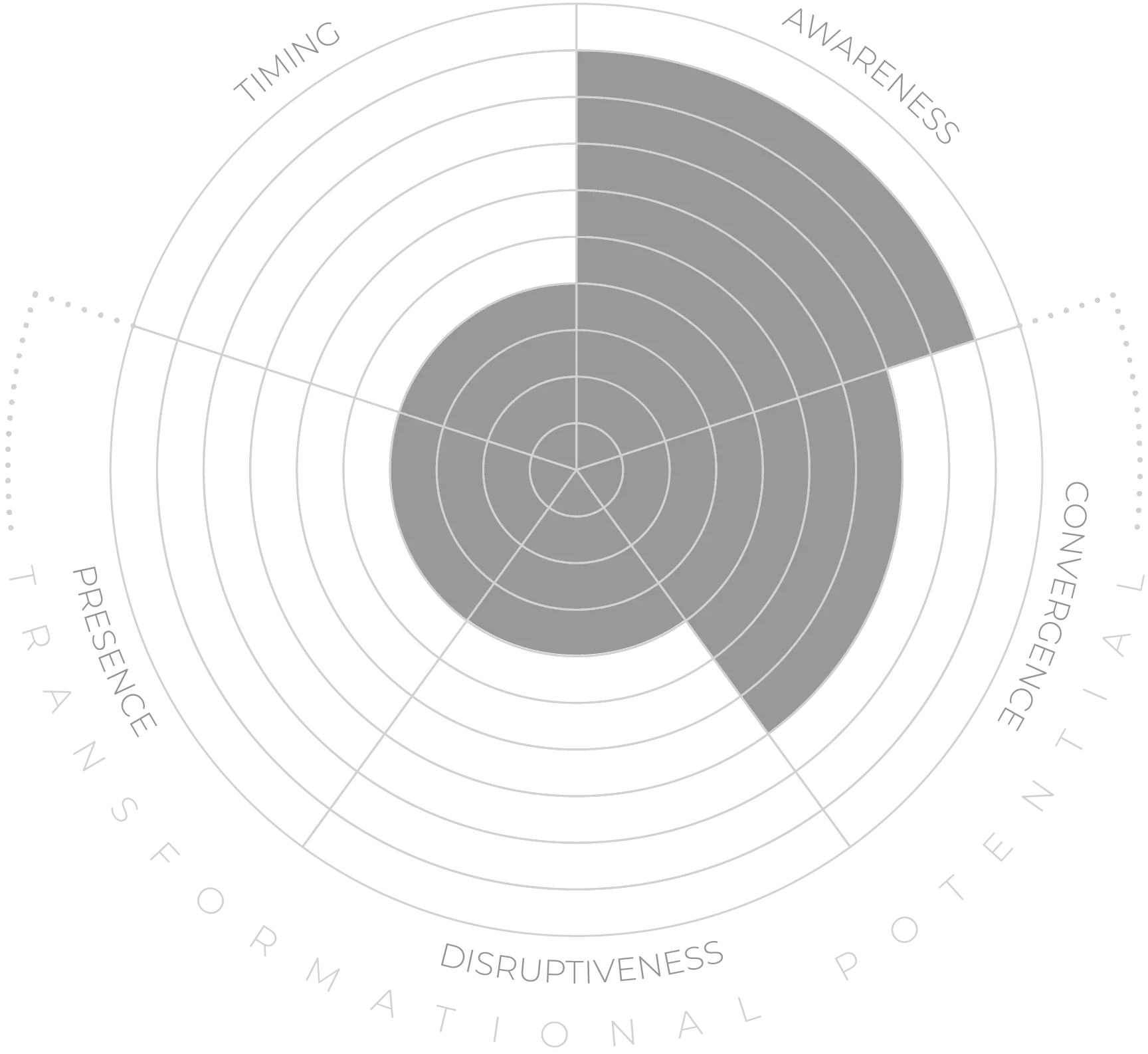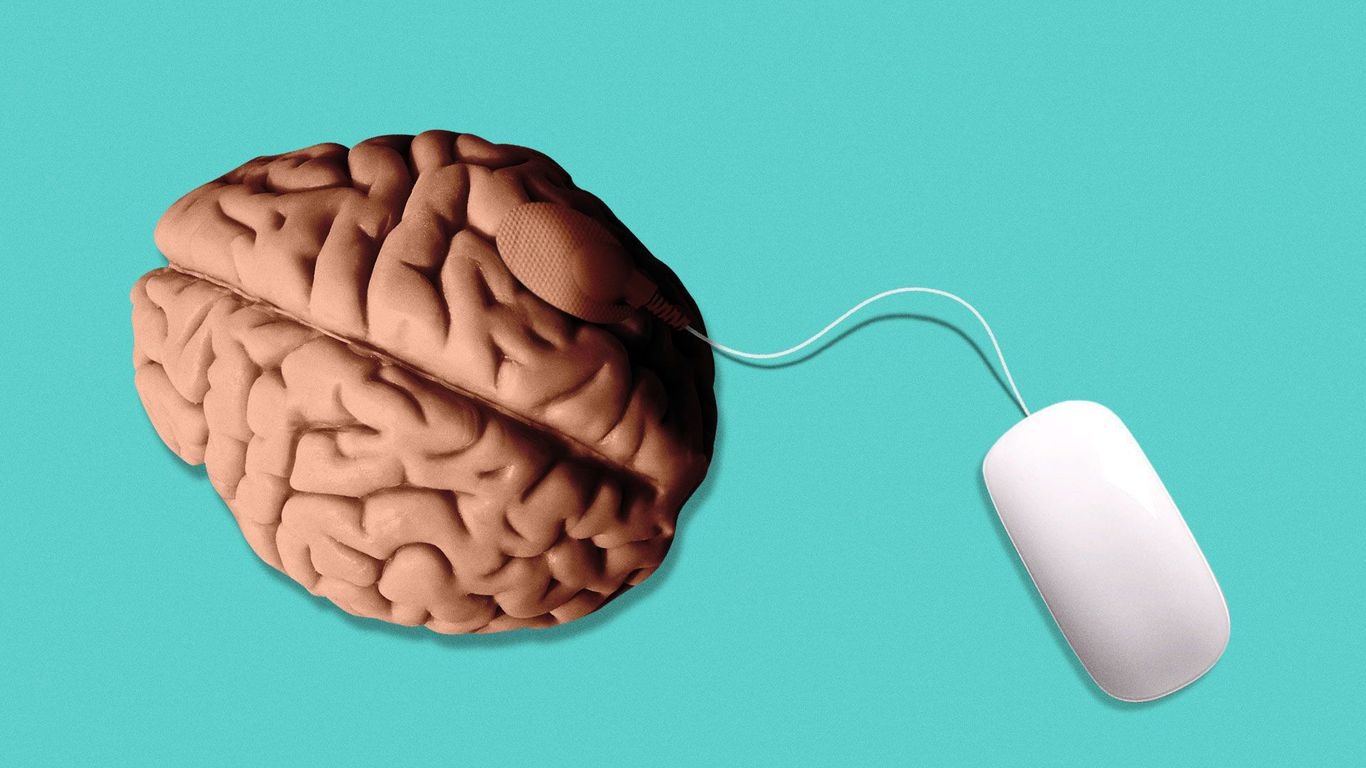To fulfil the potential of this area, researchers need to work on a number of fronts. It is not yet clear, for example, whether using individual learner demographics as input to models will increase inequity. It is possible that predictive models may be too prescriptive about learners’ potential, and limit achievement expectations. It is also still necessary to identify exactly which datasets are most relevant to which aspects of education, and how best to mine and draw inferences from them.8
It is also important to find ways to present the results of data mining in ways that motivate and inspire teachers and learners to reflect on and understand their own learning processes and outcomes, and find ways to improve them.9 Clear and straightforward learning dashboards have enormous but as yet unrealised potential to have significant effects on educational outcomes.
Researchers are also looking to create tools that provide dynamic measurements of students’ cognitive states — including metacognition, emotion and motivation. These can assist in developing educational technologies that adapt learning goals and methods to a student’s state of mind, helping them to recognise, regulate and even create their own optimal learning state.10



